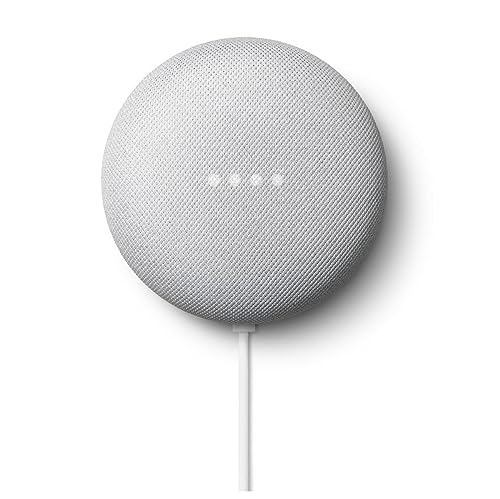From rings to wristbands, find the perfect tracker to suit your preferences. Improve your sleep and take steps towards a better night’s rest.
Looking to improve your sleep and gain insight into your sleep patterns? Sleep trackers can do just that. With a variety of options available, including wearables like rings, wristbands, and fitness trackers, as well as alternative options such as sleep tracking mats, you can find a sleep tracker that suits your preferences. These devices utilize sensors to track factors like total sleep time, sleep stages, heart rate, temperature, and movement. In addition to providing detailed sleep analysis and scores, some trackers even offer personalized sleep coaching and tips for optimizing your sleep habits. While accuracy, comfort, battery life, and compatibility with other devices are important factors to consider when choosing a sleep tracker, you can explore popular options like the Oura Ring Horizon, Whoop 4.0, Garmin Epix Pro (Gen 2), Apple Watch Series 9, Google Nest Hub 2nd Gen, Muse S Gen 2 Headband, and Withings Sleep Tracking Mat. With the right sleep tracker, you can take steps towards a better night’s sleep.
Sleep Tracker Options
When it comes to monitoring and analyzing your sleep patterns, sleep trackers can be incredibly helpful. These devices come in various forms, from rings and wristbands to fitness trackers and even mats that slip under your mattress. With so many options available, it can be challenging to determine which sleep tracker is right for you. In this article, we will explore some popular sleep tracker options, their features, and their target audiences to help you make an informed decision.
A Sleep-Tracking Ring
One popular sleep tracker option is the Oura Ring Horizon. This sleek ring utilizes three hospital-grade sensors to provide accurate sleep assessments. The infrared photoplethysmography sensors monitor heart rate and respiration, the negative temperature coefficient sensor measures body temperature, and the 3D accelerometer tracks movement. The Oura Ring’s sleep assessment is considered to be one of the more accurate among fitness trackers.
A Wristband
Another sleep tracker option is the Whoop 4.0, which comes in the form of a wristband. The Whoop band consists of five LED sensors, four photodiodes, and a spinning motor, all packed into a fabric band that you wear just above your wrist. The Whoop band is free with a membership, which costs $30 per month and provides access to comprehensive biometrics, including sleep tracking.
A Fitness Tracker
If you’re already using a fitness tracker, such as the Garmin Epix Pro (Gen 2), you may be able to utilize its built-in sleep tracking features. While all of Garmin’s fitness trackers track sleep to some extent, watches with a Pulse Ox sensor, like the Epix Pro, offer advanced sleep monitoring capabilities. These capabilities include tracking sleep stages, blood oxygen saturation, respiration, and restlessness. The Garmin Connect app allows you to set your Sleep and Wake windows for more accurate monitoring.
If You Have an iPhone
For Apple users, the Apple Watch Series 9 can be an excellent sleep tracking option. If you already own an Apple Watch Series 4 or later, you can use it to track your sleep. The watch utilizes its built-in heart rate sensor and accelerometer to break down your sleep into four stages. Newer models of the Apple Watch can also measure blood oxygen and temperature. The Apple Watch’s sleep tracking features are integrated with a bedtime routine and sleep targets, making it a comprehensive sleep monitoring tool. The only requirement is that you wear the watch to bed.
An Under Mattress Mat
If you prefer not to wear a sleep tracker, the Withings Sleep Tracking Mat provides an alternative solution. This sensor-packed mat slips underneath your mattress where your chest rests. During the initial setup, you calibrate the mat, and it will start tracking your movements, breathing, and heart rate throughout the night. The mat is even capable of detecting snoring or other sounds and can alert you to potential breathing problems associated with sleep apnea.
Google Nest Hub 2nd Gen
One unique sleep tracking option is the Google Nest Hub 2nd Gen. This device uses radar technology to track your sleep without the need to wear anything. It also has a built-in microphone that can track snoring, sleep talking, and other sounds during the night. While the Google Nest Hub offers convenience and doesn’t require any additional accessories, it may not provide the same level of accuracy as dedicated sleep trackers.
Muse S Gen 2 Headband
The Muse S Gen 2 Headband is primarily designed as a meditation aid but can also track your sleep. This headband features sensors that measure brain activity, similar to an electroencephalogram (EEG), as well as an accelerometer, gyroscope, and a PPG sensor to track heart rate and blood circulation. The Muse S Gen 2 Headband records sleep-related metrics such as heart rate, respiration, time to fall asleep, and movement, providing you with an overall sleep score. However, some users may find the headband uncomfortable to wear during the night.
Kokoon Nightbuds
The Kokoon Nightbuds combine earbuds with sleep tracking features. These tiny earbuds connect to a curved control unit that sits on the back of your head. The Nightbuds are designed for comfort, with a pliable silicone covering. The companion app offers guided meditations, soothing sounds, and sleep stories to help you fall asleep. The sleep tracking features display the four sleep phases, sleep efficiency, and consistency. However, some users may find that the Nightbuds come off during the night, interrupting sleep tracking.
Biostrap Kairos
The Biostrap Kairos is a lightweight wrist-worn band that offers comprehensive sleep tracking features. Equipped with a PPG sensor and accelerometer, the Biostrap Kairos tracks heart rate, respiration, and heart rate variability (HRV). It breaks down your sleep into awake, light, and deep sleep stages, with plans to add REM tracking in the future. The Biostrap Kairos also features a sleep survey each morning, allowing you to provide feedback on sleep quality and how refreshed you feel. However, it is worth noting that the Biostrap Kairos is primarily designed for researchers, medical staff, and organizations rather than general consumers.
Oura Ring Horizon
The Oura Ring Horizon is a popular sleep tracker option that stands out for its accuracy. This sleek ring features three hospital-grade sensors, including infrared photoplethysmography sensors for heart rate and respiration, a negative temperature coefficient (NTC) sensor for body temperature, and a 3D accelerometer for movement tracking. By utilizing these sensors, the Oura Ring Horizon provides accurate sleep assessments.
Whoop 4.0 (Membership)
The Whoop 4.0 is a wristband sleep tracker that offers comprehensive biometrics through its membership program. The wristband consists of five LED sensors, four photodiodes, and a spinning motor. The membership, which costs $30 per month, provides access to advanced sleep tracking features, allowing you to monitor your sleep patterns in detail.
Garmin Epix Pro (Gen 2)
The Garmin Epix Pro (Gen 2) is a fitness tracker that offers sleep tracking functionalities. While all of Garmin’s fitness trackers include sleep tracking to some extent, watches with a Pulse Ox sensor, such as the Epix Pro, provide advanced sleep monitoring capabilities. These capabilities include tracking sleep stages, blood oxygen saturation (SpO2), respiration, and restlessness. The Garmin Connect app allows you to set your Sleep and Wake windows for more accurate monitoring.
In conclusion, sleep trackers can be valuable tools for monitoring and analyzing your sleep patterns. With options ranging from rings and wristbands to fitness trackers and mats, there is a sleep tracker out there to suit everyone’s needs and preferences. When choosing a sleep tracker, it’s important to consider factors such as accuracy, comfort, battery life, and compatibility with other devices. Additionally, some sleep trackers may require subscriptions or additional fees for access to advanced features, so it’s essential to determine which features are most important to you. Ultimately, finding the right sleep tracker can help you understand your sleep habits better and make improvements to optimize your sleep quality.


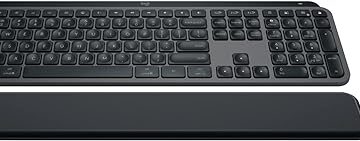





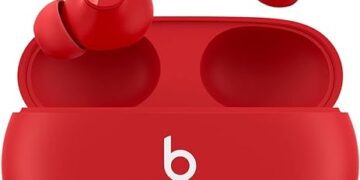
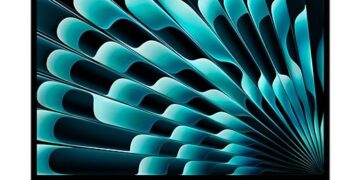
![Apple Watch SE (2nd Gen) [GPS 40mm] Smartwatch with Starlight Aluminum Case with Starlight Sport Band S/M. Fitness & Sleep Tracker, Crash Detection, Heart Rate Monitor](https://www.tech-bit.com/wp-content/uploads/2024/06/applewatchse2ndgengps40mmsmartwatchwithstarlightaluminumcase-360x180.jpg)
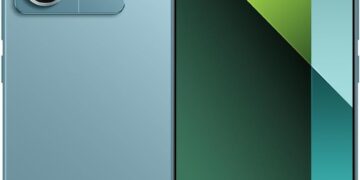
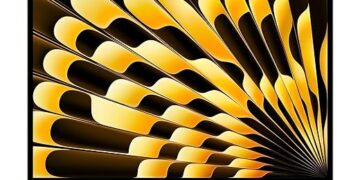
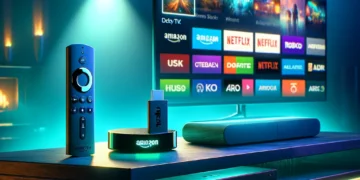
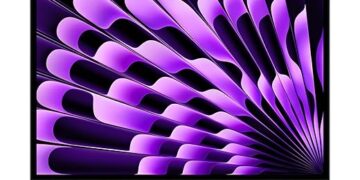
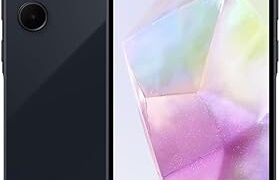

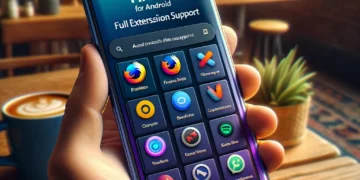
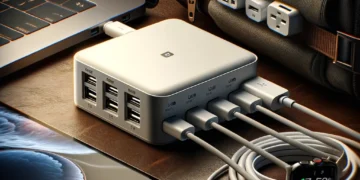



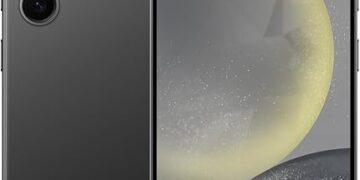
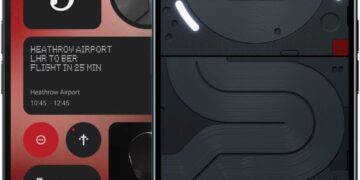
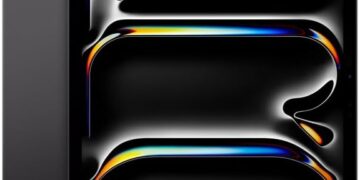
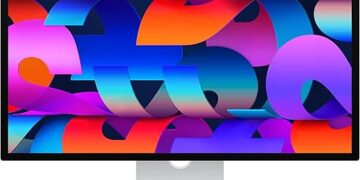
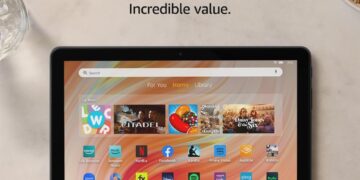
![Apple Watch Series 9 [GPS 45mm] Smartwatch with Midnight Aluminum Case with Midnight Sport Band S/M. Fitness Tracker, ECG Apps, Always-On Retina Display, Water Resistant](https://www.tech-bit.com/wp-content/uploads/2024/06/applewatchseries9gps45mmsmartwatchwithmidnightaluminumcasewith-360x180.jpg)
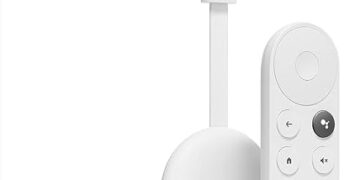
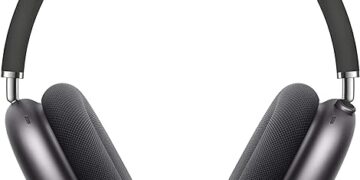
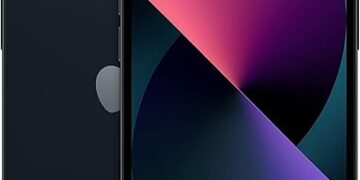
![Apple Watch Ultra 2 [GPS + Cellular 49mm] Smartwatch, Sport Watch with Rugged Black Titanium Case with Black Ocean Band. Fitness Tracker, Precision GPS, Action Button, Extra-Long Battery Life](https://www.tech-bit.com/wp-content/uploads/2024/10/applewatchultra2gpscellular49mmsmartwatchsportwatchwithrugged-360x180.jpg)
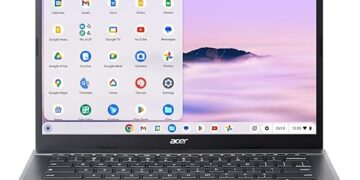
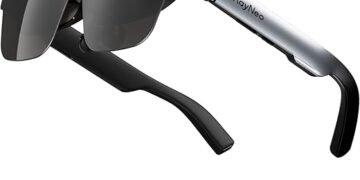
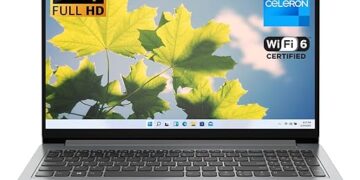
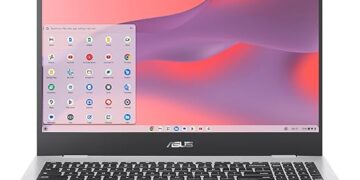
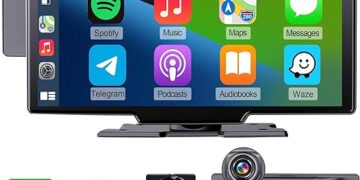
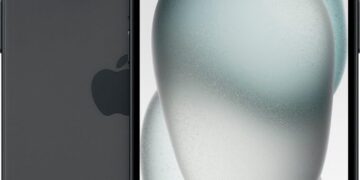
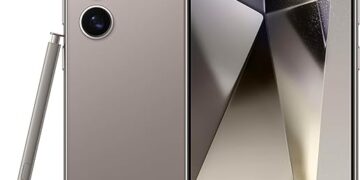
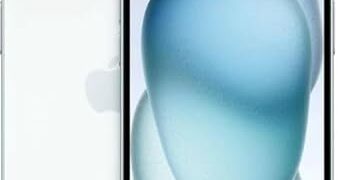
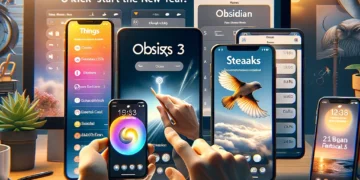



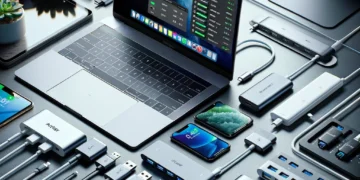
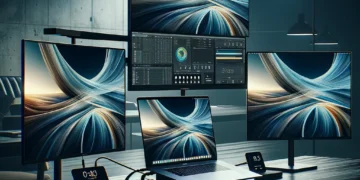

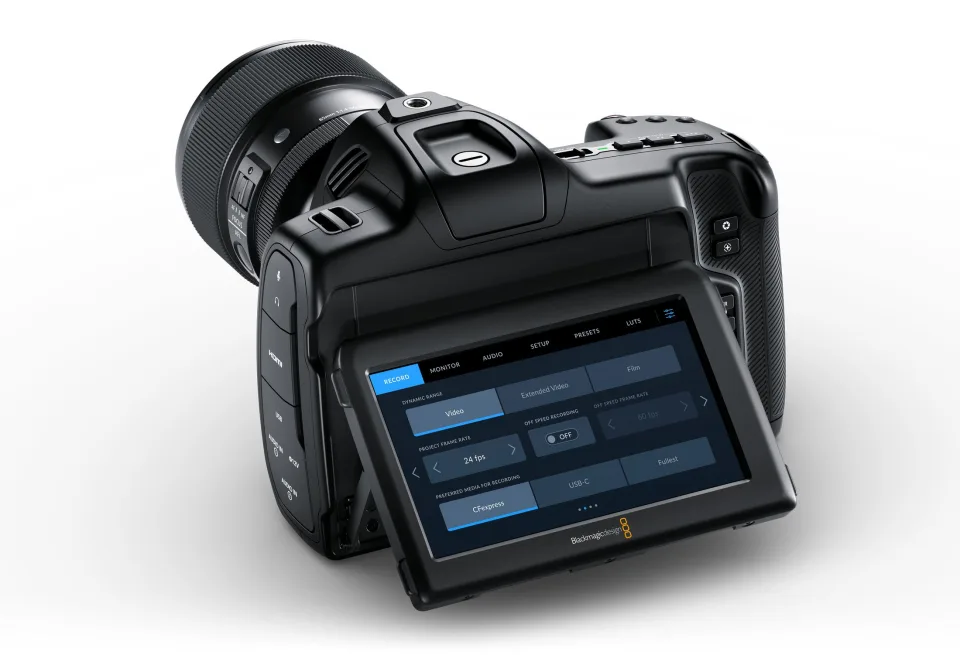
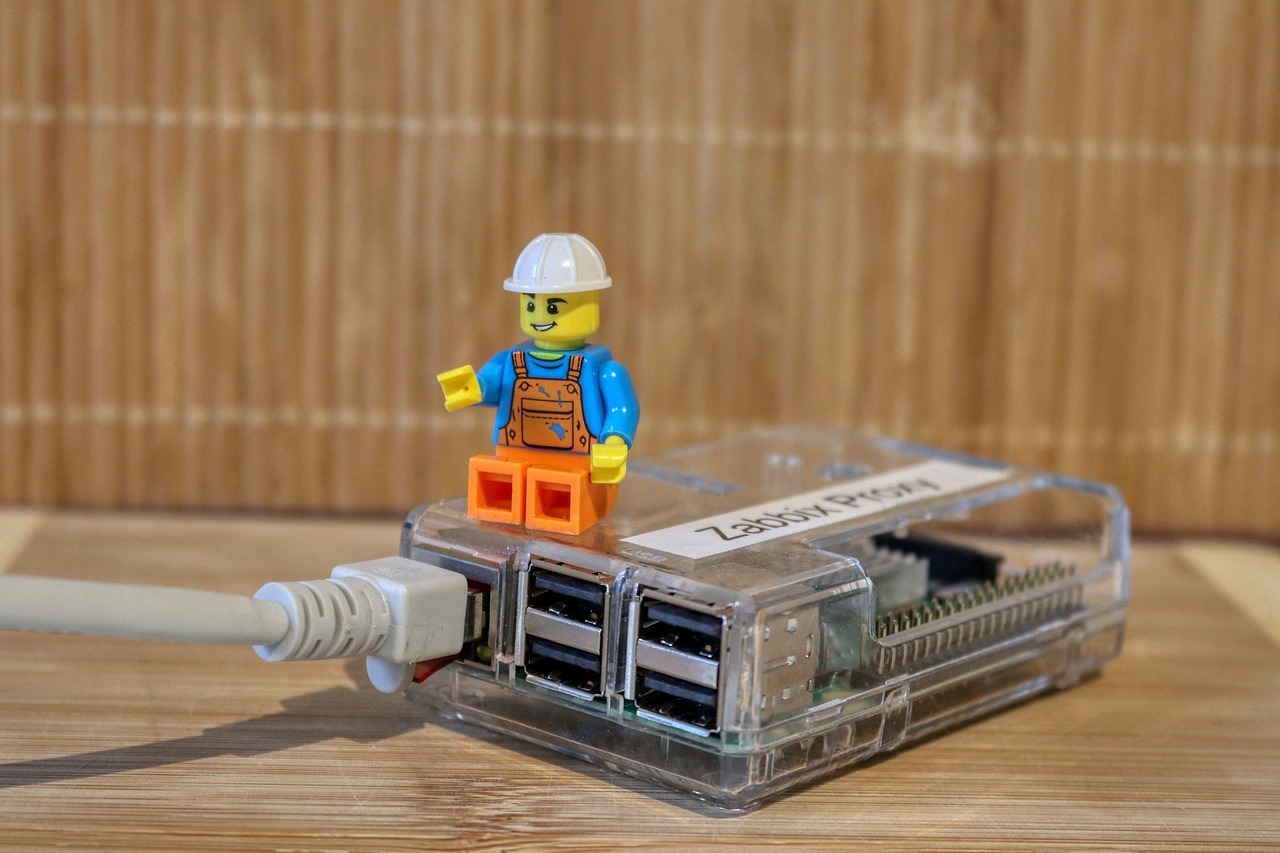
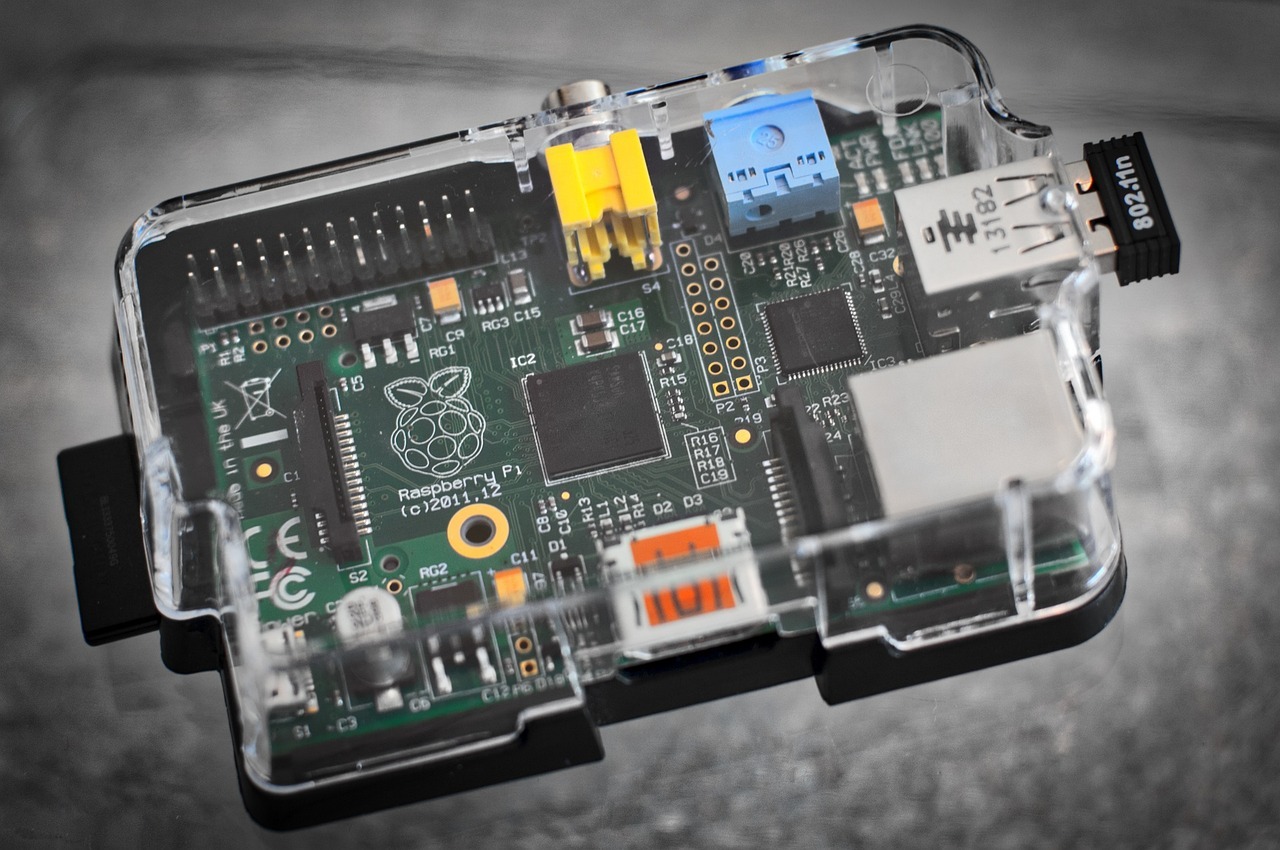
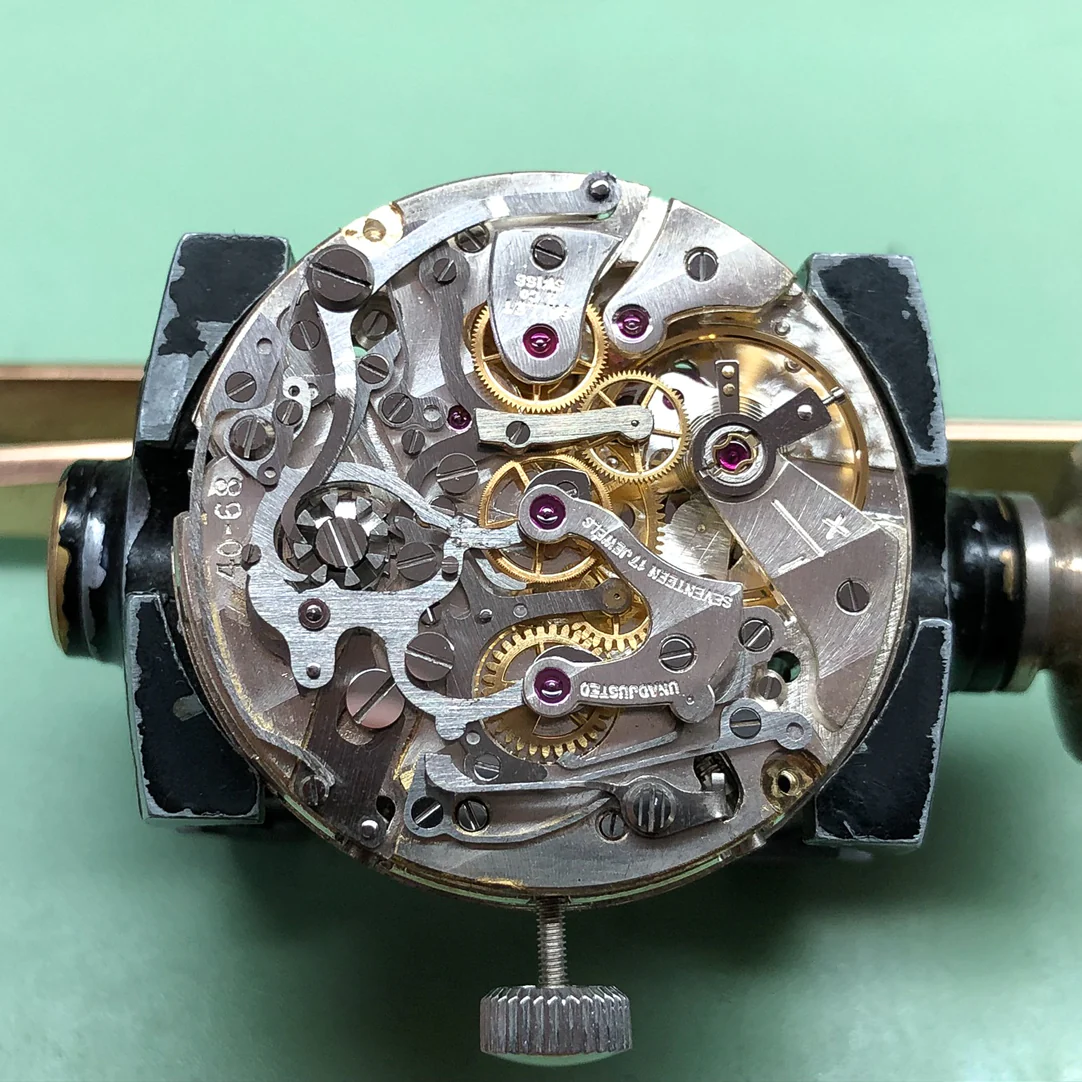
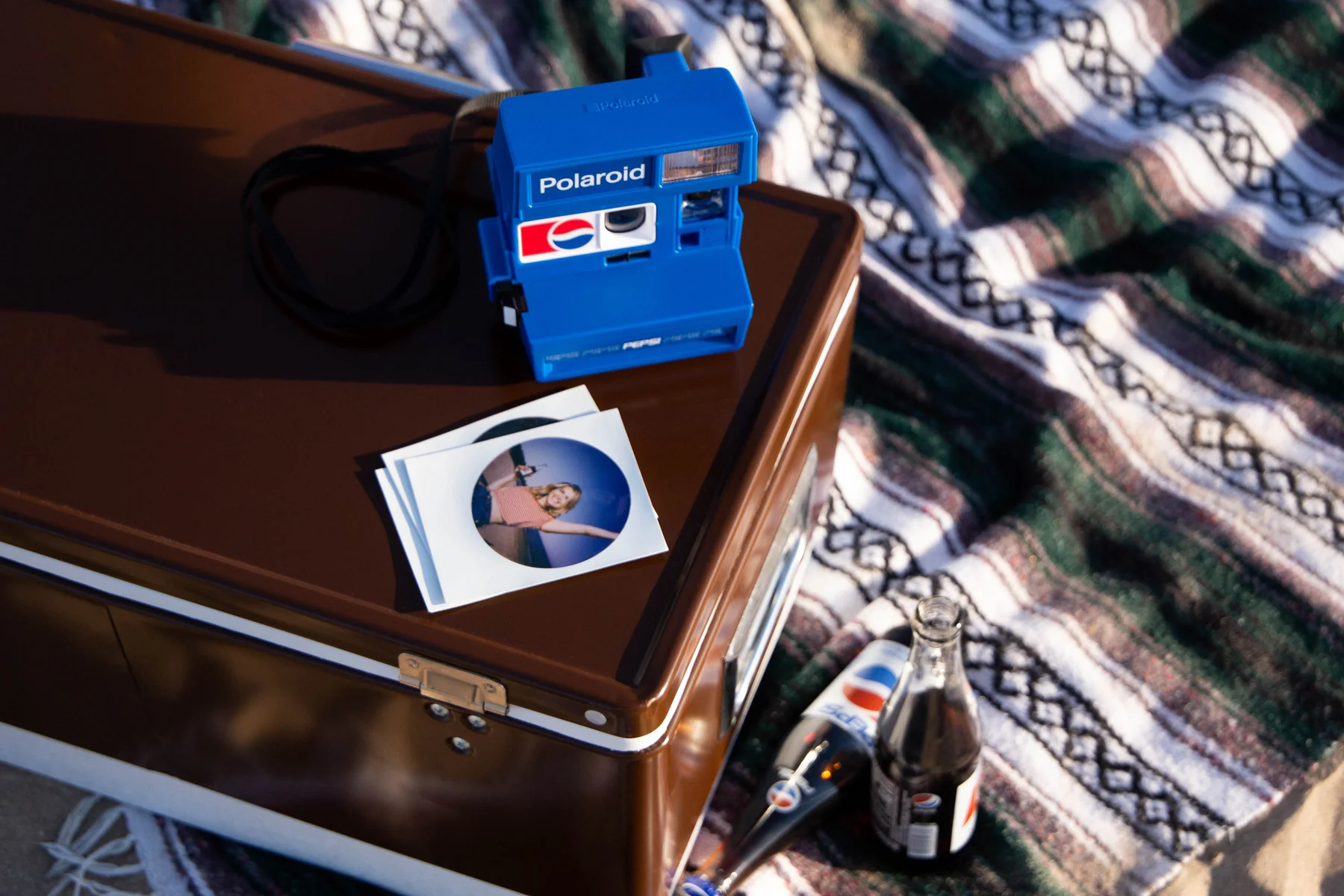
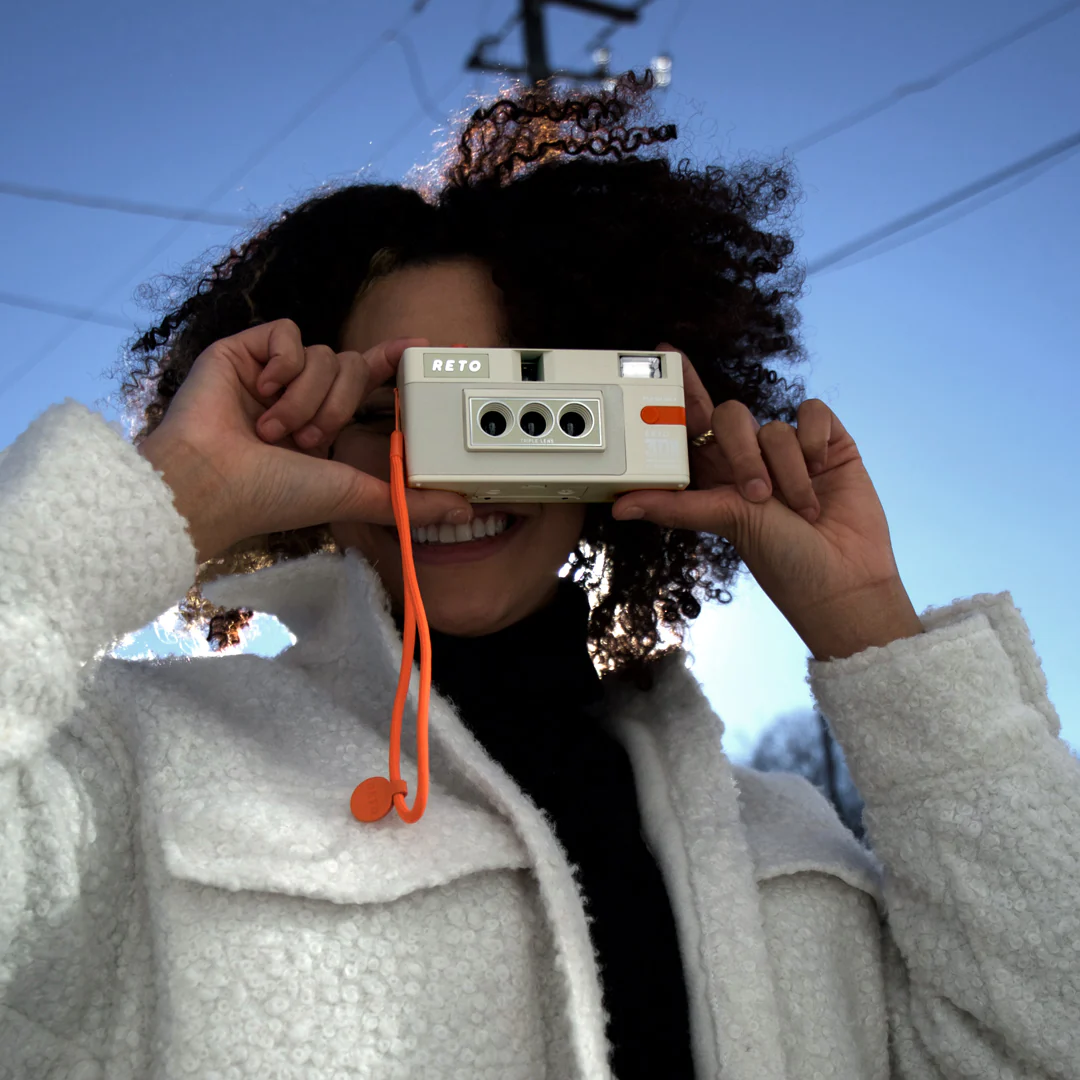
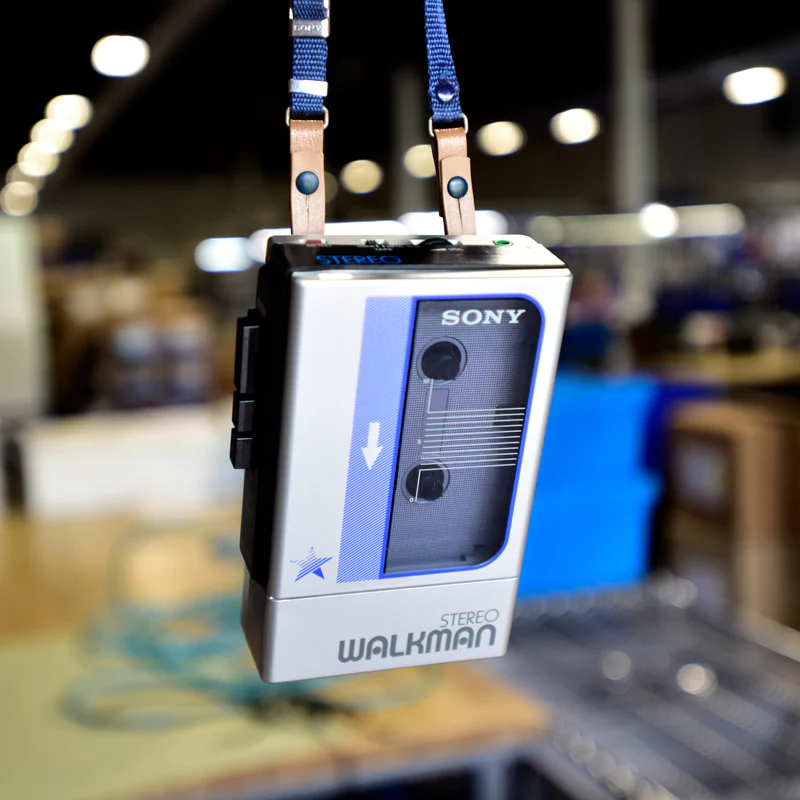
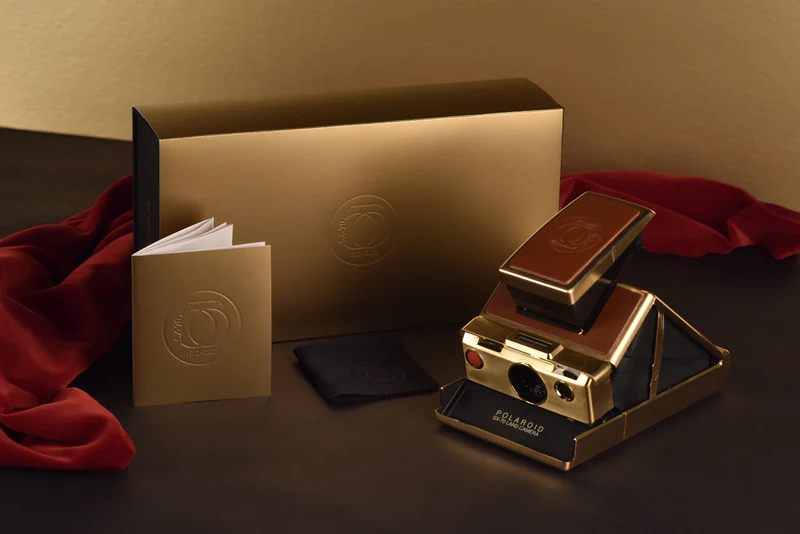


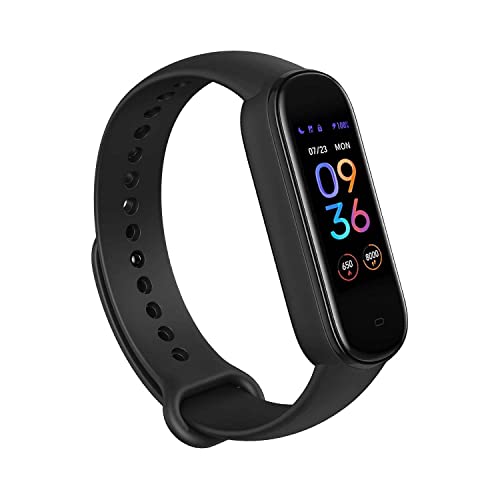

![Apple Watch Series 9 [GPS 41mm] Smartwatch with Midnight Aluminum Case with Midnight Sport Band S/M. Fitness Tracker, Blood Oxygen & ECG Apps, Always-On Retina Display](https://m.media-amazon.com/images/I/41pFWqYJlmL.jpg)

